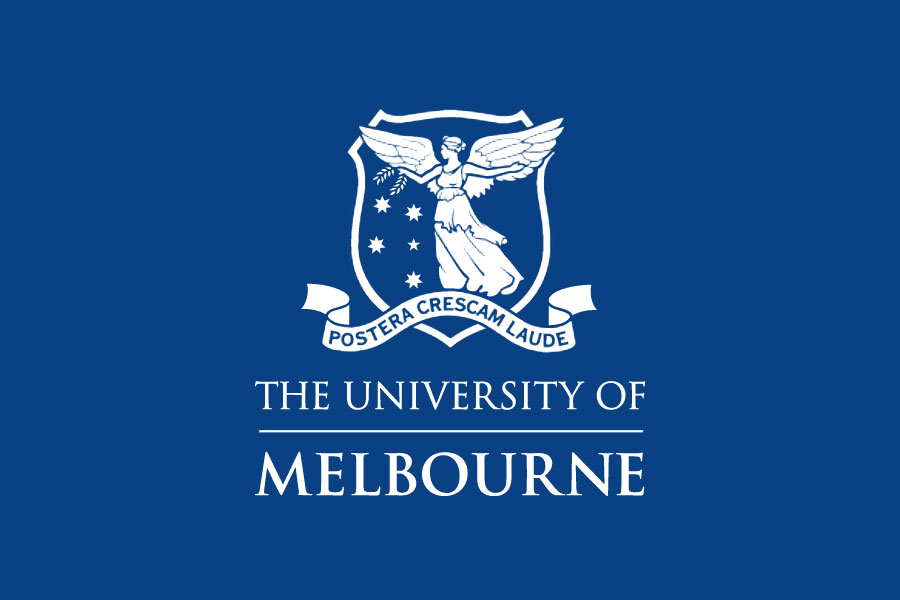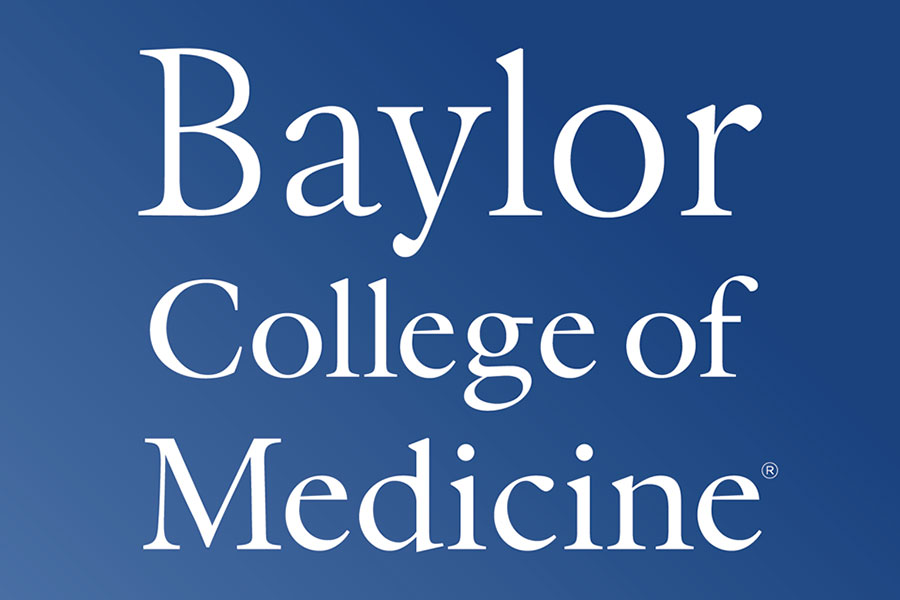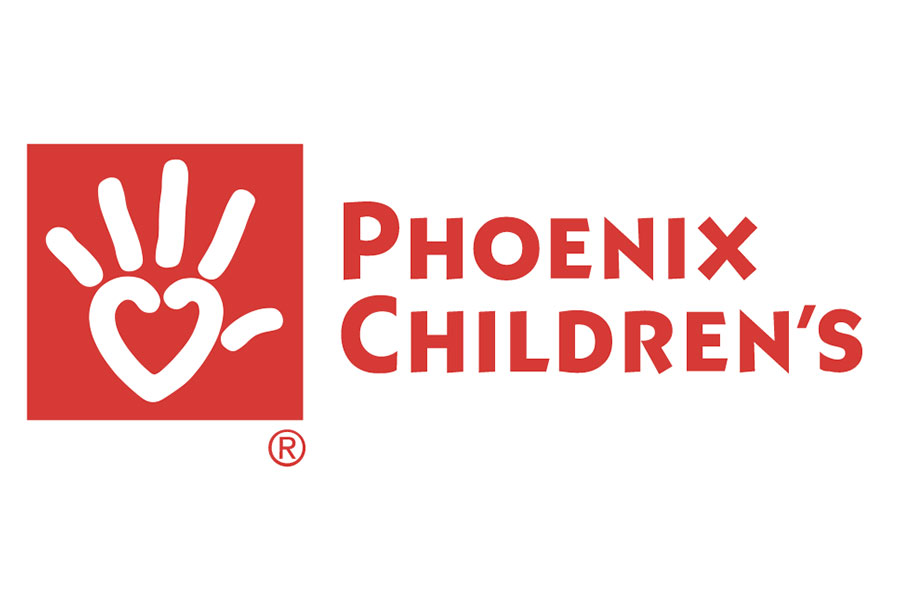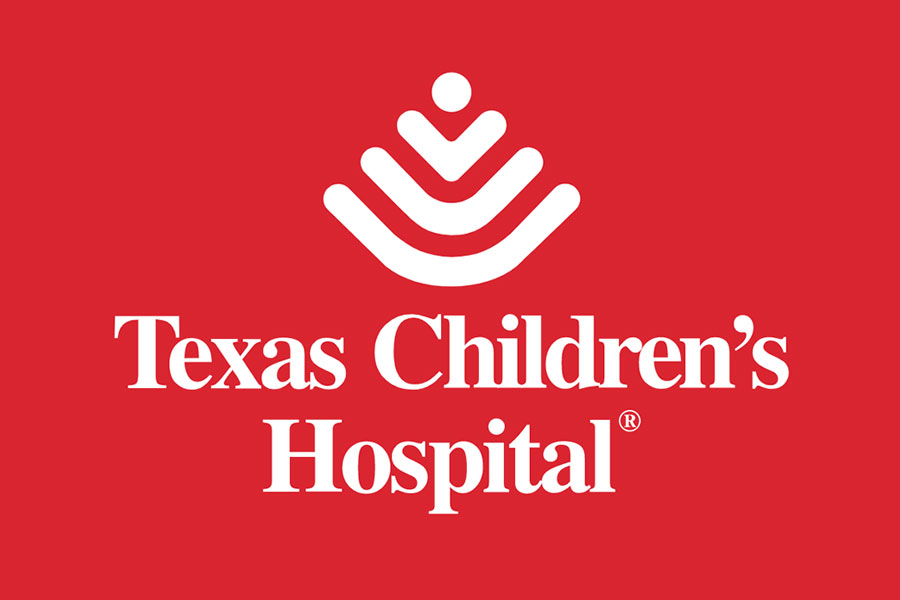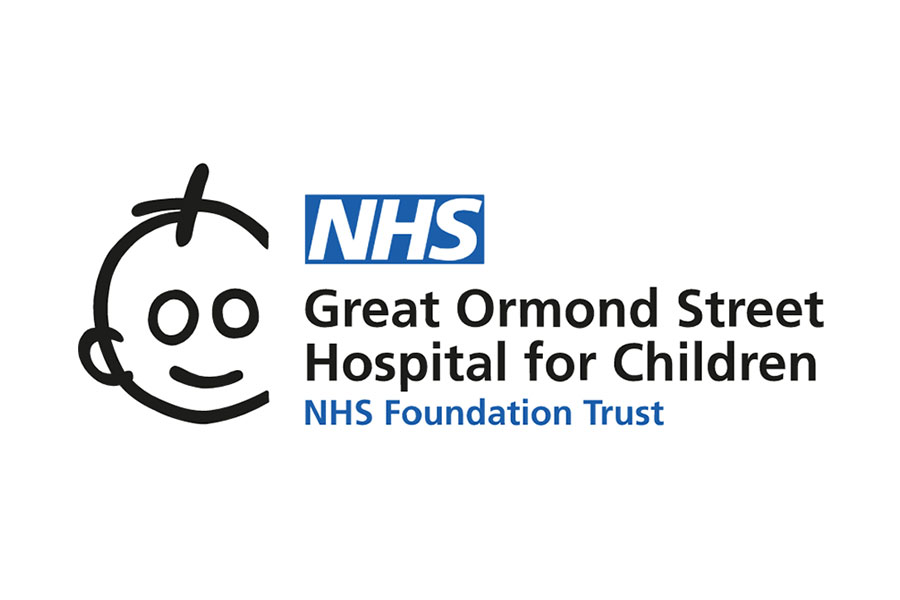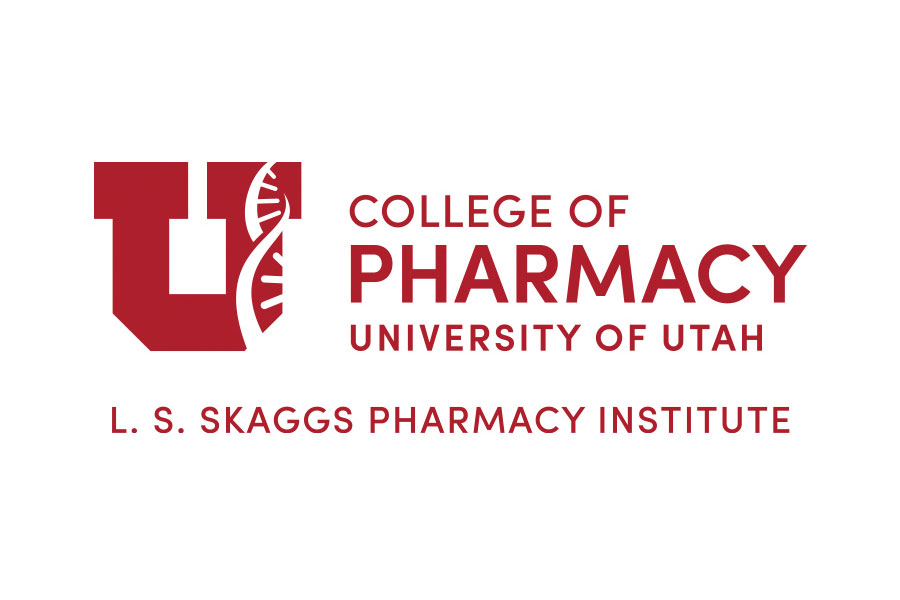Through the award of grants, Hope for Hypothalamic Hamartomas actively supports research into hypothalamic hamartomas, as well as professional conferences to facilitate the exchange of ideas, techniques and data amongst scientists and clinicians.
Genomic Profiling of HH Derived Samples Obtained During Magnetic Resonance-Guided Laser Interstitial Thermal Therapy
Hope for Hypothalamic Hamartomas is proud to have fostered and awarded $59,000 in grants to this collaboration, which will unite and build upon two separate research projects currently on-going at the University of Melbourne and Baylor College of Medicine. The Melbourne team, in research analysing the DNA of HH tissue removed during surgery, has shown to date that an individual or cluster of potential genetic markers can be identified in 30-40% of individuals with a hypothalamic hamartoma (read more about this research here). As more surgeries were being performed with the laser, which destroys rather than removes the hypothalamic hamartoma tissue, the research project was running out of tissue to analyse. However, using a technique developed at Baylor, Melbourne has shown it is possible to extract sufficient DNA for genomic screening from the laser sheaths used during surgery (read more here.) Hope for Hypothalamic Hamartomas has approved grants to pay for the shipping and associated costs of transferring DNA from hypothalamic hamartoma tissue harvested during surgeries in Phoenix, Calgary and London to the Melbourne team for analysis. Hope for Hypothalamic Hamartomas is grateful to Hope for HH-UK for contributing to these grants.
Building on this cutting-edge research, Hope for Hypothalamic Hamartomas approved a joint grant to the Baylor and Melbourne teams to collaborate in the analysis of tissue extracted from laser catheters used during hypothalamic hamartoma laser surgeries at Texas Children’s Hospital. The extracted DNA will be shared, with the Melbourne team performing whole exome analysis and the Baylor team attempting a novel method to profile transcriptomes. The aim of the collaboration is to achieve a greater understanding of how genetic variants might cause or affect hypothalamic hamartomas and its symptoms, as well as to establish a universal standard for research collaboration and sharing across institutions and continents.
Resting State Functional MRI (rs-fMRI) and Hypothalamic Hamartomas
In collaboration with the Gerald and Gail Ronson Family Foundation and the Mo-o-ving Thru the Mud for Landon fundraising team, Hope for Hypothalamic Hamartomas awarded a $25,000 grant to Dr. Varina Boerwinkle at Texas Children’s Hospital and Baylor College of Medicine for her research, which had the following aims:
- To determine whether rs-fMRI reliably identifies the areas of the brain that are appropriate targets for laser ablation;
- To determine the correlation with the child’s seizure frequency six – twelve months later;
- To understand whole brain network relationships in individuals with HH.
Watch Dr.Boerwinkle’s update on rs-fMRI research here.
Read Dr. Boerwinkle’s published research paper here.
Generating a Novel Rat Model of a Hypothalamic Hamartoma
The search for new treatments for seizures and cognitive deficits resulting from a hypothalamic hamartoma has been hindered by a lack of animal models for this condition. Hope for Hypothalamic Hamartomas awarded a grant to Dr. Karen Wilcox and Dr. Peter West at the University of Utah, Anticonvulsant Drug Development Program to fund their efforts to facilitate therapy discovery by generating a new and innovative animal model of a hypothalamic hamartoma. Initial results have been promising.
Watch Dr. West’s update on the rat model research here.
In partnership with members of our international Medical Advisory Board and their institutions, Hope for Hypothalamic Hamartomas has organized and financially supported International Professional Symposia dedicated to hypothalamic hamartoma research, treatment, and a cure.
2022 – 5th International Symposium (Calgary, Canada)
2016 – 3rd International Professional Symposium (London, United Kingdom)
Focus: Developing a roadmap for treatment and research of hypothalamic hamartomas
Outcomes: Watch videos from the event here
2013 – 2nd International Professional Symposium (Marseille, France)
Focus: Understanding the science of hypothalamic hamartomas
Outcomes:
Publication: Epilepsia – Journal of the International League Against Epilepsy (ILAE)
Title: Hypothalamic Hamartomas and Epilepsy, Proceedings from the Second International Hypothalamic Hamartomas Symposium Marseille September 2013
Guest Editors:
Jean Régis, Aix-Marseille University, Marseille, France
John F. Kerrigan, Barrow Neurological Institute at Phoenix Children’s Hospital, Phoenix, ArizonaLink to full publication here.
Shortening the Diagnostic Odyssey with Child Neurology Foundation
Hope for Hypothalamic Hamartomas is proud to partner with Child Neurology Foundation on their 2 year initiative to work with rare neurological organizations to further the understanding of the critical path to a correct diagnosis sooner and how to make more informed decisions about care.
PAME 2018 International Conference
Hope for Hypothalamic Hamartomas awarded a grant to Partners Against Mortality in Epilepsy to support their 2018 conference held in Alexandria, Virginia.

